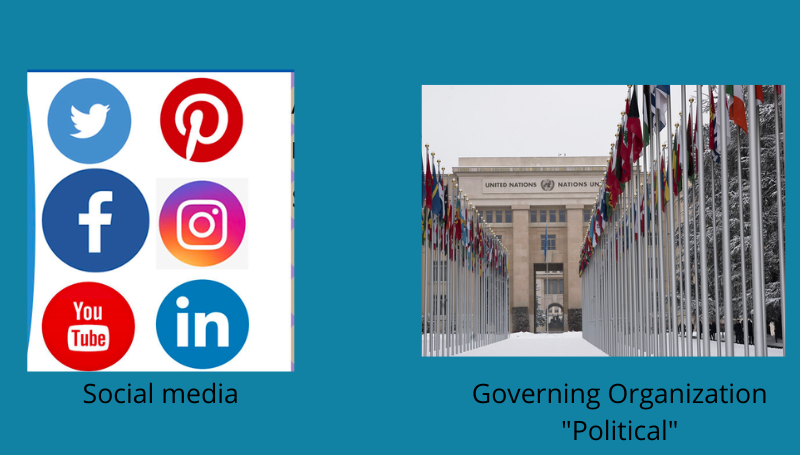Jonathan S. Tobin
JNS, Aug. 12, 2022
“Yet when the situation was discussed at the U.N. Security Council, the first two states that made peace with Israel—Egypt and Jordan—echoed some of the vitriolic rhetoric spewed at the Jewish state by the Palestinian Authority representative.”
Which of these two things is more important when it comes to gauging Arab acceptance of Israel? Is it a Saudi social-media influencer making a viral video playing the Israeli national anthem “Hatikvah” on the oud? Or is it the speech made earlier this week by the Egyptian ambassador to the United Nations denouncing the Jewish state and speaking of Palestinian “martyrs” even after his own government had helped broker a ceasefire between Jerusalem and the Palestinian Islamic Jihad terror group?
It would be nice to think that the oud video tells us more about the future direction of the Middle East. But the speech by Egyptian Ambassador Osama Abdel Khalek shouldn’t be ignored. It demonstrated that even the military government in Cairo that regards Israel as a vital ally in its own struggle against the Muslim Brotherhood and its Hamas allies is afraid that public opinion in the Arab world’s most populous country is still far too drenched in Jew-hatred to publicly stand up for its neighbor.
The Abraham Accords seemed to demonstrate that a sea change was underway in the Arab and Islamic world. After a century of pure hatred, the consensus among Arabs and Muslims that war against Zionism and the Jews was an integral element of their identity has been broken. Their governments were tired of being held hostage by Palestinian intransigence. The decision of the four states that normalized relations with Israel in 2020 as part of the Trump administration’s successful diplomatic initiative—the United Arab Emirates, Bahrain, Morocco and Sudan—showed the grip that the Palestinians had on opinion in the region for generations was no longer secure.
Expectations that many more nations would soon join the circle of peace with Israel may have been unrealistic. Still, decisions short of normalization, like Saudi Arabia’s willingness to allow Israeli planes to overfly their airspace, bred hope. Heartwarming gestures like the visit of a group of imams to Auschwitz—led by a senior Saudi cleric—in 2020 and the warmth with which that Saudi social-media influencer has embraced Israel, all show that change is in the air. SOURCE


